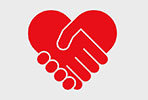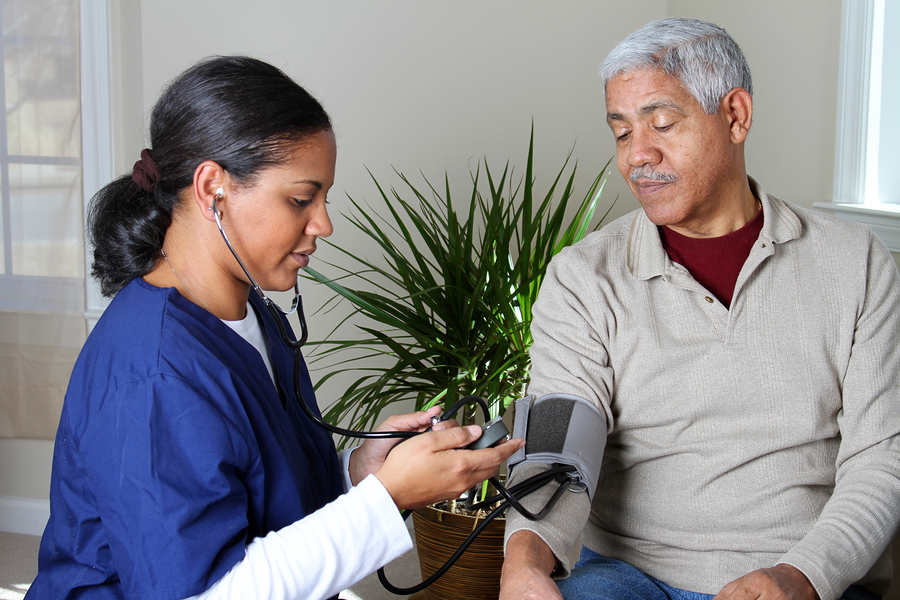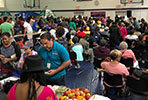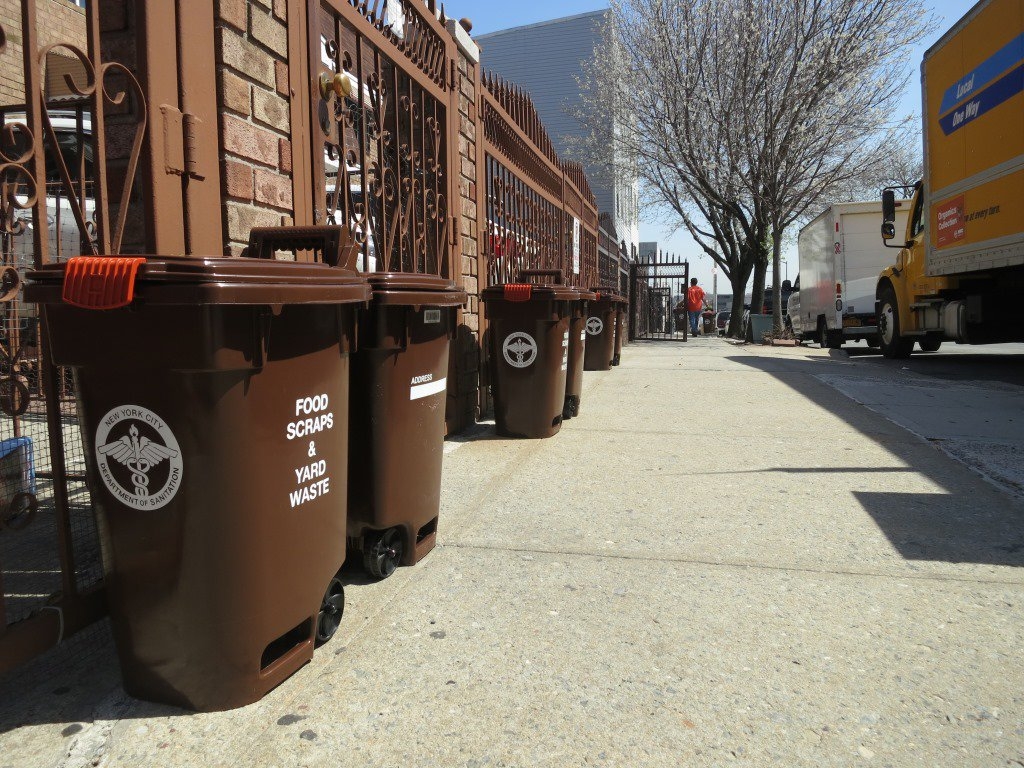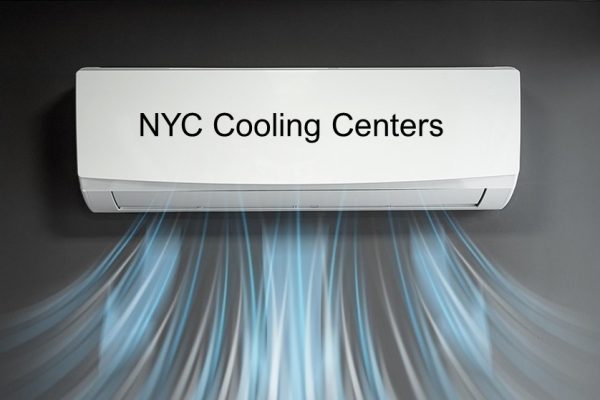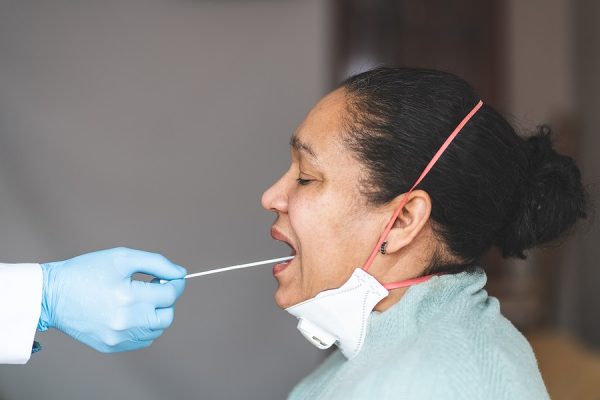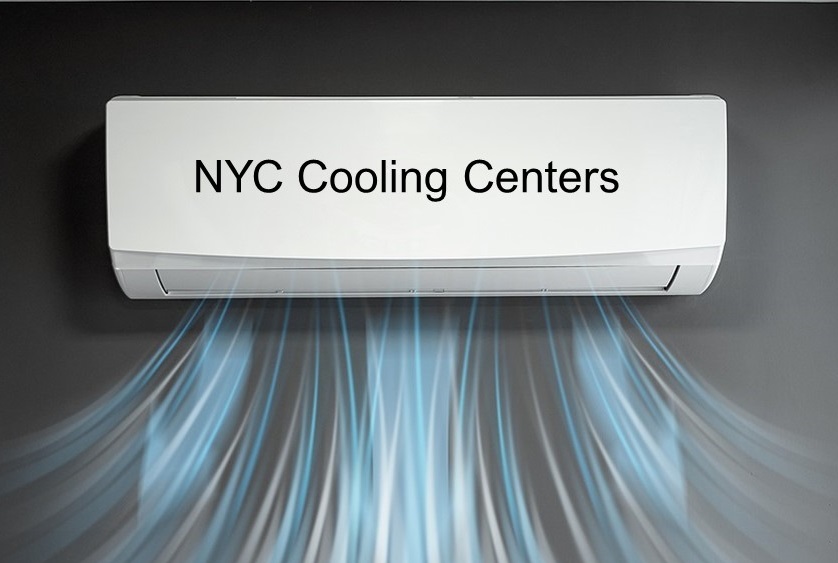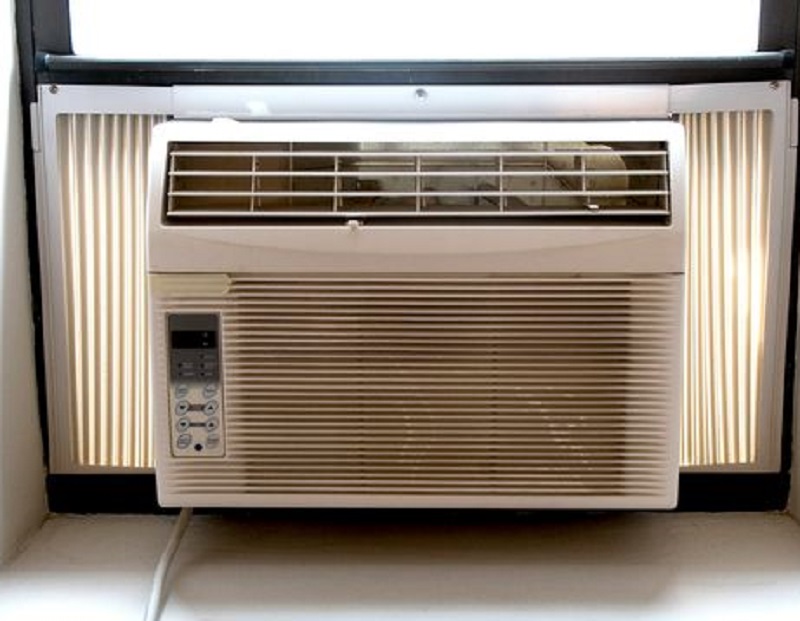If you are one of the millions of New Yorkers who received a new brown recycling bin, then you may have a few questions. Here, we break down why these new recycling bins are necessary, how you use them, and tricks and tips on how to properly recycle food and yard waste.
Why Should we Recycle Food and Yard Waste?
New York City alone produces 12 million tons of garbage a day, with a large portion of that waste being uneaten food and yard waste. This creates a lot of problems. Large amounts of trash fill up landfills that produce methane gas, which contributes to global warming. Instead of taking up space, thrown away food and yard scraps can be composted into soil or used as a renewable energy source. This creates less garbage, which helps the earth, the air, and us.
But, what about the personal effects? Recycling a banana peel or a coffee filter may not seem like it’s making much of a difference in our everyday lives, but it will help households become more aware of how much food and money they’re throwing out on a daily basis. We throw away about 25% of the food we purchase, which can cost us well over $1,000 a year. By being aware of how much food we are recycling, we become aware of what we’re wasting and become more inclined to save.
What You Received
If you live in a single family home or a building with nine or less apartments, your family may have received a brown bin with a starter kit for each household living in the premises. If you have not received a kit, check inside the bin where the starter kits are placed. These kits include a kitchen container, a brochure, a coupon for certified compostable trash bags, and a sticker listing all recyclable material and their proper disposal bins.
What to Recycle
These bins are specifically for food and yard waste. This includes:
Food Scraps. This includes any leftover, spoiled, or unwanted foods. This does not include liquids!
Food Soiled Paper. This includes tea bags, napkins, paper plates, coffee filters, etc. This does not include clean paper products, which are recycled separately.
Yard Waste. Such as leaves, grass trimmings, plants, etc. For Brooklyn and Queens residents, this does not include wood debris or firewood. Call 311 if you need to dispose of either.
No cartons, plastic, metal, glass, clean paper, cardboard, or trash should ever be thrown out in the brown bins.
How to start
Learning how to properly dispose of food is essential to preventing odors or unsanitary conditions. It’s no secret that certain foods smell, especially when left sitting in a garbage can, and dumping all your scraps into a single area can elevate that odor. Thankfully, there are ways of combating this.
Use compostable trash bags. These bags are the only commercial bags that food waste can be properly recycled in. Because they break down along with the food, it’s completely safe to use them when depositing food into your bins. Many of these bags also combat against odors, just like many regular garbage cans. When purchasing compostable trash bags, always look for this certification logo.
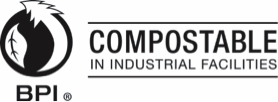

If you don’t have compostable trash bags, brown paper bags will also work fine. If your food and yard waste does not fit in your bin, you can leave the yard waste in a brown paper bag or an open container (not including plastic bags) and put it out next to the bin on pickup days.
Use regular plastic bags to store food until properly disposed of. This will help reduce odor when indoors before the food is deposited into the brown bins. Just make sure not to throw away the plastic bag into the brown bin once it comes time to empty it into the trash. Simply deposit the food into the brown bin and throw away the plastic bag separately.
Use common place products to help reduce odor and absorb moisture in the bins. Sprinkling baking soda at the bottom of your bin will help absorb odors, and using newspaper and cardboard as trash liners help absorb excess moisture and odor.
Regularly rinse out your brown bin. This will prevent any leftover orders.
Know your pickup days. You don’t want to leave a bin full of food outside for too long. If you don’t know your block’s pick up days, call 311 or visit http://www1.nyc.gov/apps/311utils/addressinfo.htm to find out.
If you have room, place your smaller recycle bin in the freezer. This will eliminate the odor.
For more information, check out these links:
www1.nyc.gov/assets/dsny/zerowaste/residents/organics-collection-brown-bin

